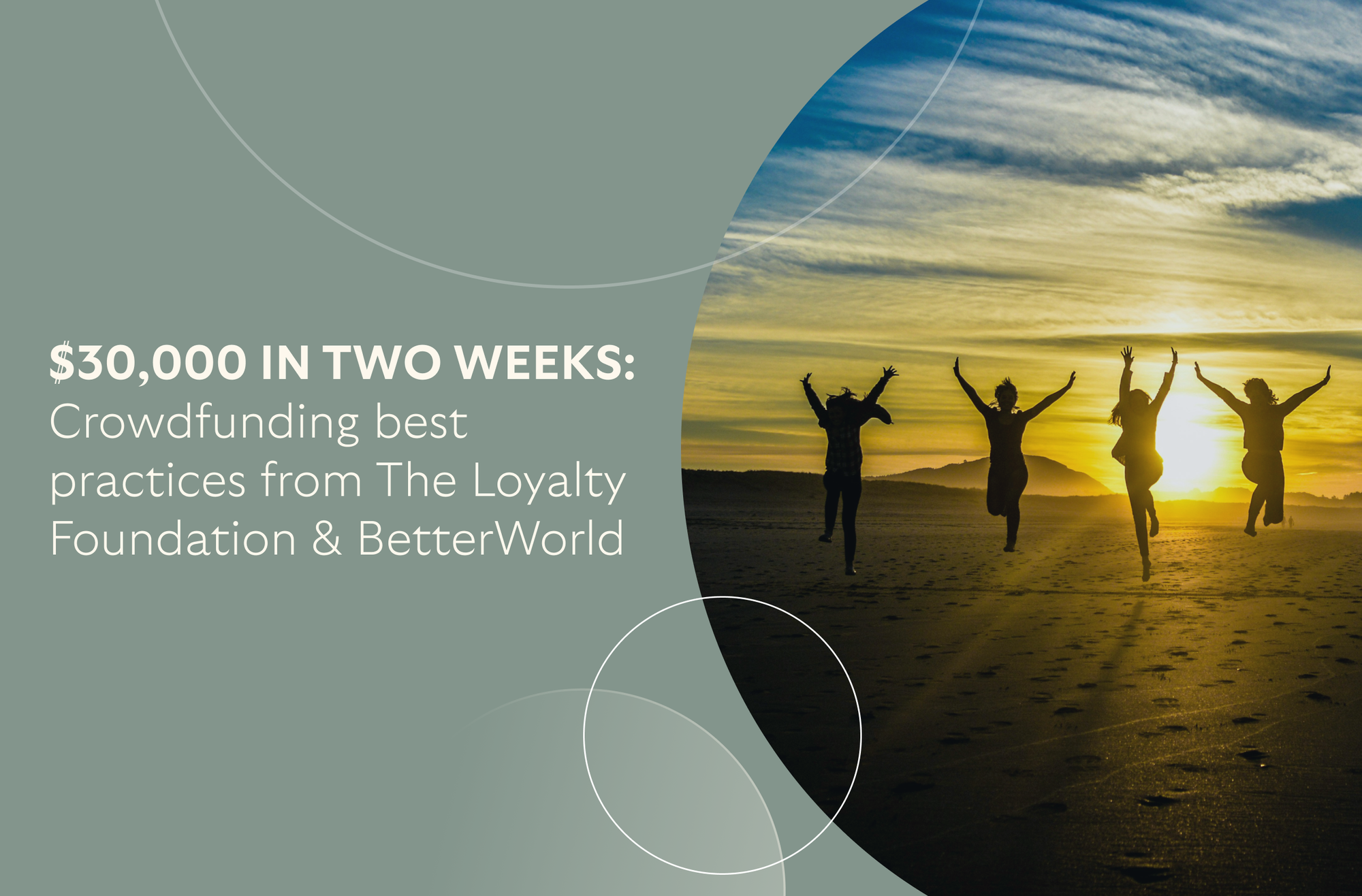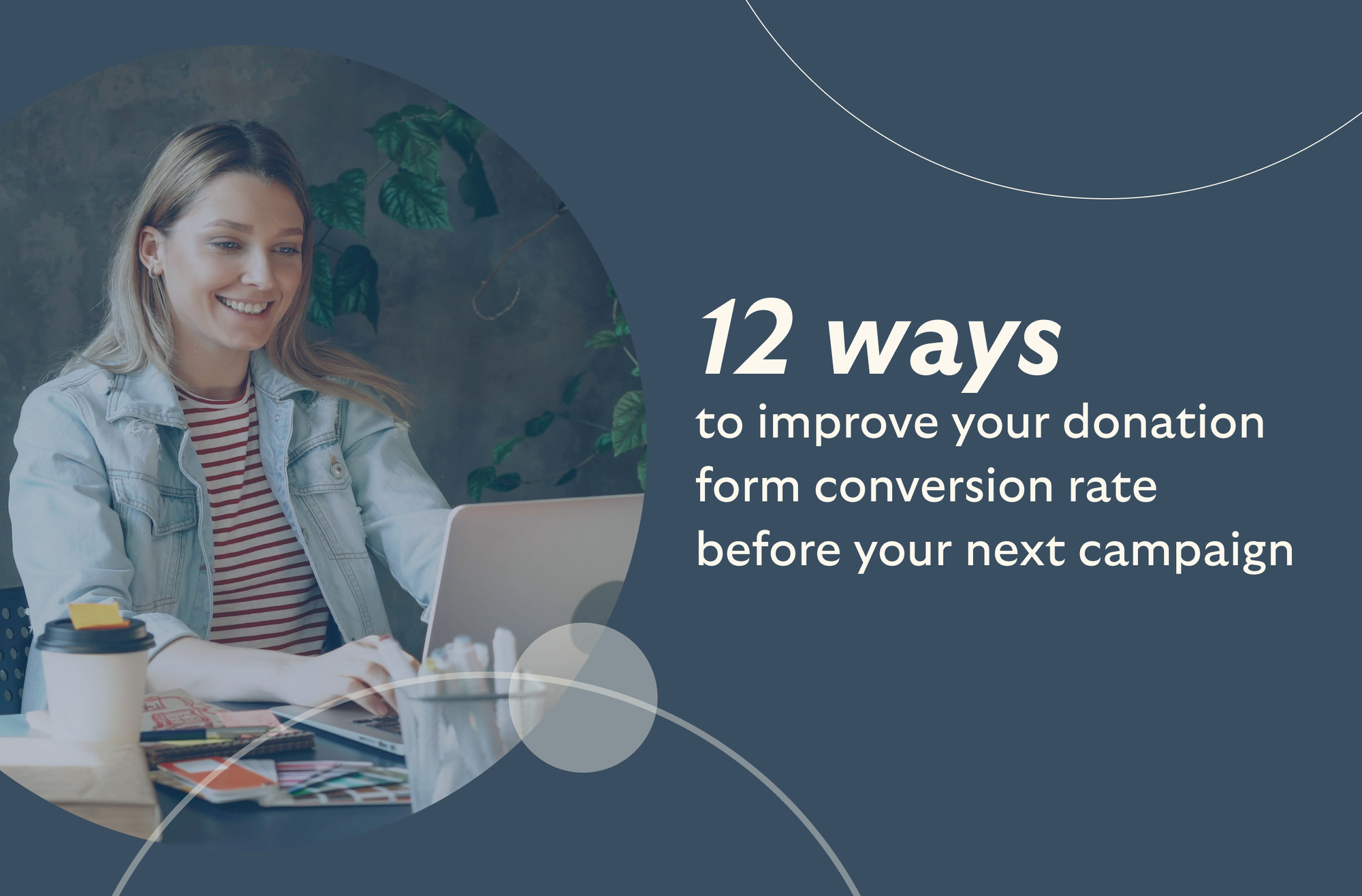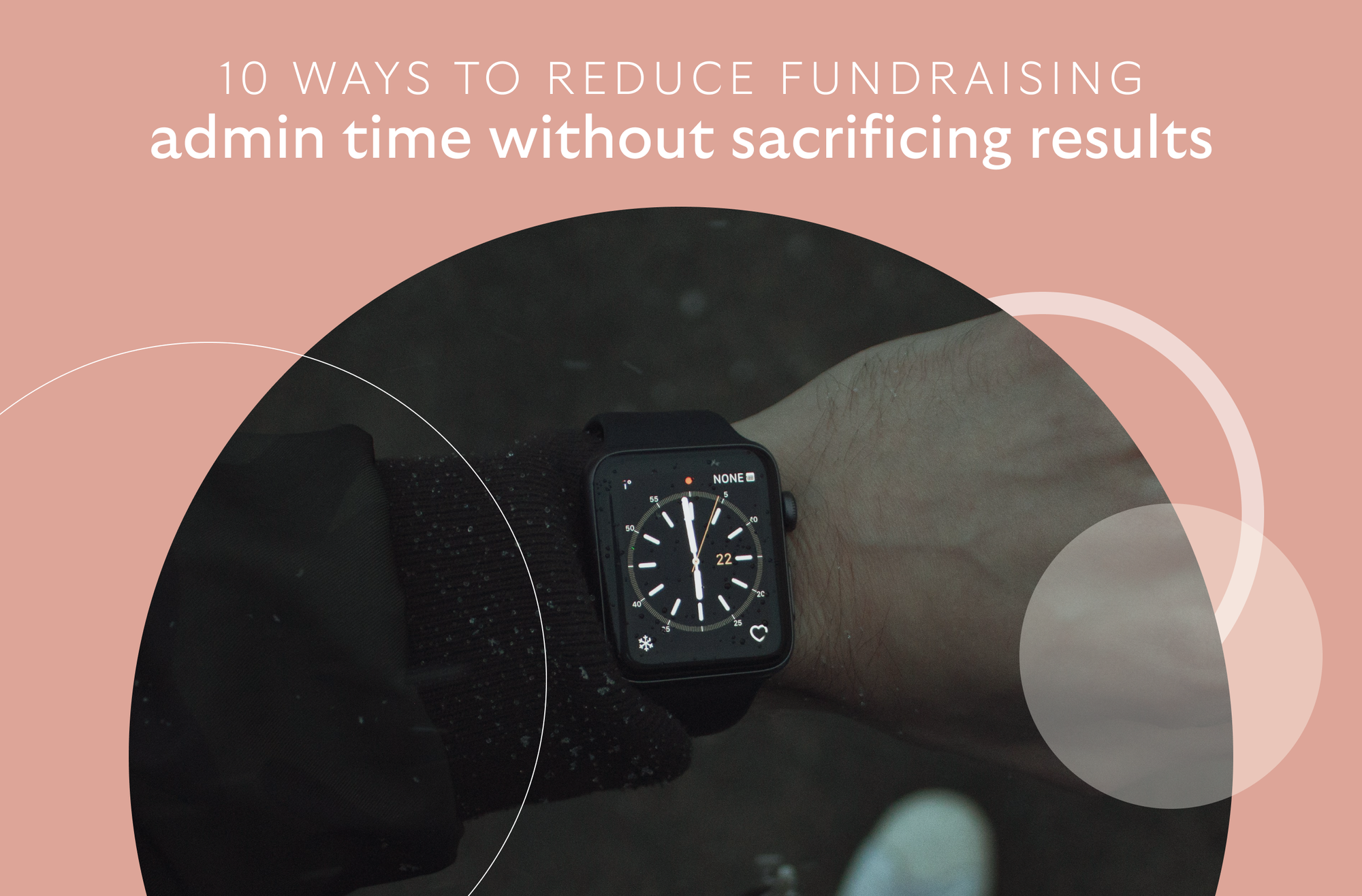Select and customize the fundraising method best suited for your organization
BetterWorld seamlessly integrates with both online and in-person auctions
Impress donors with creative raffle items and elegant online raffles
Create attractive donation pages that maximize donor impact and boost online giving
13 Types Of Insurance Nonprofits Need
By Whit Hunter

Nonprofits play a vital role in our communities, but they also face unique risks that could hinder their important work. Just like any organization, they need the right insurance to protect against unexpected challenges.
With 1 in 25 nonprofits facing a Directors and Officers claim annually and the average cost of resolving these claims around $35,000, it's clear that insurance is not just a legal formality but a critical tool for stability.
This article will explore the essential types of insurance nonprofits need and how these coverages help them continue their mission with peace of mind.
1. General Liability Insurance
General Liability Insurance is a must-have for nonprofits. It covers common risks your organization might face like someone getting hurt at your event or damaging someone else's property.
It also covers legal costs if you get sued for these accidents or even for advertising mistakes, like using a slogan that's too similar to someone else's.
Nonprofits that work with the public, like charities and community centers, need this insurance the most.
The cost is usually affordable, around $45 a month for many nonprofits.
2. Professional Liability Insurance
Professional Liability Insurance, or Errors and Omissions Insurance, protects against lawsuits claiming you made a mistake in your services or didn't do something you should have done.
For example, if your nonprofit offers counseling and makes a mistake, this insurance can help cover legal costs and settlements. This is especially important for organizations that provide advice, services, or consultation.
The cost of Professional Liability Insurance for nonprofits generally is less than $50 per month. However, rates can vary based on what services you offer, where you're located, and other factors like the size of your organization and the number of employees
3. Directors and Officers (D&O) Insurance
This Insurance helps protect the leaders of a nonprofit. If someone sues your nonprofit, it can pay for legal costs and any money the court says you must pay. Nonprofits should have it because it covers the personal money of the people in charge if there’s a legal problem.
It's like a safety net for your team's personal finances.
Most nonprofits pay about $70 a month for D&O Insurance. But, the price can change based on what your nonprofit does and other details like how big it is.
4. Workers' Compensation Insurance
Workers' Compensation Insurance is important for nonprofits because it helps if an employee gets hurt or sick because of their job. This insurance can pay for the employee's medical bills and some of their lost wages.
It's not only a good idea, but it's the law in most places. Nonprofits must have this insurance to protect their workers and avoid legal trouble.
The cost for Workers' Compensation Insurance for most nonprofits is about $80 a month.
5. Cyber Liability Insurance
Cyber Liability Insurance is key for nonprofits because it helps if your organization faces a cyberattack or data breach. This insurance covers costs related to the attack, like legal fees, notifying people whose information was stolen, and recovering lost data.
It's important because even nonprofits can be targets for cybercriminals, and this insurance helps keep your organization safe and running.
Nonprofits might pay around $45 a month for Cyber Liability Insurance, but the cost can vary based on the level of risk and coverage needed.
6. Sexual Misconduct Liability
Sexual Misconduct Liability Insurance offers protection against claims of sexual harassment, abuse, or misconduct. This type of insurance is essential because it covers legal fees, settlements, and any judgments that may arise from such allegations.
Nonprofits, especially those working closely with vulnerable populations, children, or in environments where such claims could potentially arise, should consider this insurance to protect their organization and its members.
Generally, nonprofits can expect to pay a median of around $45-60 per month for general liability insurance, which might include or be supplemented with sexual misconduct liability coverage depending on the provider and policy specifics.
Try BetterWorld’s robust suite of charity & nonprofit fundraising tools for FREE!
7. Event Insurance
Event Insurance is a must for nonprofits when they host events like fundraisers, meetings, or gatherings. This insurance helps cover costs if the event has to be canceled unexpectedly, someone gets hurt, or property gets damaged during the event.
It's a way to keep your nonprofit safe from unexpected bills that can come from hosting events.
The cost of Event Insurance can vary a lot. A one-day event might cost around $182 on average. If your event lasts 2 to 10 days, the cost might be about $250. The price is slightly higher for events longer than 10 days, averaging $257.
8. Property Insurance
Property Insurance is another insurance that nonprofits need. It covers the cost of repairing or replacing your organization's property if it gets damaged or lost.
It can include things like buildings, equipment, and furniture. Having this insurance means your nonprofit won't have to pay out of pocket if something unexpected happens, like a fire or theft.
The cost of Property Insurance for nonprofits can vary based on your nonprofit's specific needs and risks. On average, small businesses, including nonprofits, pay about $67 a month for commercial property insurance.
9. Employee Dishonesty (Crime/Fidelity Insurance)
Employee Dishonesty (Crime/Fidelity Insurance) is a type of coverage that helps protect your nonprofit from financial losses caused by fraudulent acts committed by employees, such as theft, forgery, and embezzlement.
It's important for nonprofits because even the most trusted employees can pose a risk, and these actions can significantly harm your organization's financial stability.
This insurance can be added to a Business Owner's Policy (BOP) as an endorsement or obtained as a separate fidelity bond.
Generally, fidelity bonds, which are a common form of this insurance, can cost a small percentage of the total coverage amount. For instance, a $10,000 bond might cost around $100 annually, but this can vary widely depending on your organization's specific needs and risk profile.
10. Volunteer Liability Insurance
Volunteer Liability Insurance is important for nonprofits because it protects the organization and its volunteers from claims related to accidents or damages that volunteers might cause while working.
This insurance can cover legal fees and settlements, ensuring that volunteers can work without worrying about personal financial risk if something goes wrong.
Some policies may also offer coverage for personal injuries or property damage caused by volunteers, providing a broader safety net for both the volunteers and the organization they serve.
CIMA offers a Volunteers Insurance Service program with comprehensive coverages. This includes up to $1 million in volunteer liability insurance for $2.15 per volunteer per year, with a minimum premium of $100. Additionally, there's an annual membership fee of $140 required for the organization.
11. Product Liability Insurance
Product Liability Insurance is important for nonprofits that sell or distribute products. This insurance helps protect against claims if a product you sell or give away causes harm.
For example, if something you sell is faulty and hurts someone or damages property, this insurance can cover legal fees and settlements. Nonprofits, especially those involved in selling goods to support their mission, should consider this insurance to avoid financial losses from such claims.
The cost of Product Liability Insurance varies. On average, small businesses might pay around $99 per month.
12. Health Insurance
Health insurance is vital for nonprofits, especially for retaining and attracting talented employees.
Under the Affordable Care Act (ACA), nonprofits with more than 50 full-time employees must provide health insurance.
For smaller nonprofits with fewer than 50 employees, the ACA provides a solution through the Small Business Health Options Program (SHOP).
This program is designed to help these smaller entities afford health insurance for their employees by offering a variety of plans suitable for their specific needs and budgets. The cost of providing health insurance for nonprofit organizations can vary.
13. Umbrella Liability Insurance
Umbrella Liability Insurance provides an extra layer of protection for nonprofits on top of their existing insurance policies, like General Liability or Auto Insurance.
It kicks in when the limits of those other policies are reached, offering additional coverage up to $5 million. This is especially useful for nonprofits facing large claims that exceed their primary insurance limits.
Nonprofits might need this insurance because it covers a wide range of incidents and ensures financial stability in case of significant legal claims or accidents.
On average, small businesses, including nonprofits, pay around $75 per month for commercial umbrella insurance. However, this amount can differ, with some paying less than $50 and others between $50 to $100 monthly.
Disclaimer: Insurance costs mentioned are just estimates. Every nonprofit must get a quote for exact costs. Choose insurance based on your needs and read all coverage details to avoid confusion.

Join 105,000+ amazing nonprofits, organizations, and fundraisers on BetterWorld

Let our FREE fundraising tools help you raise more funds with less effort







